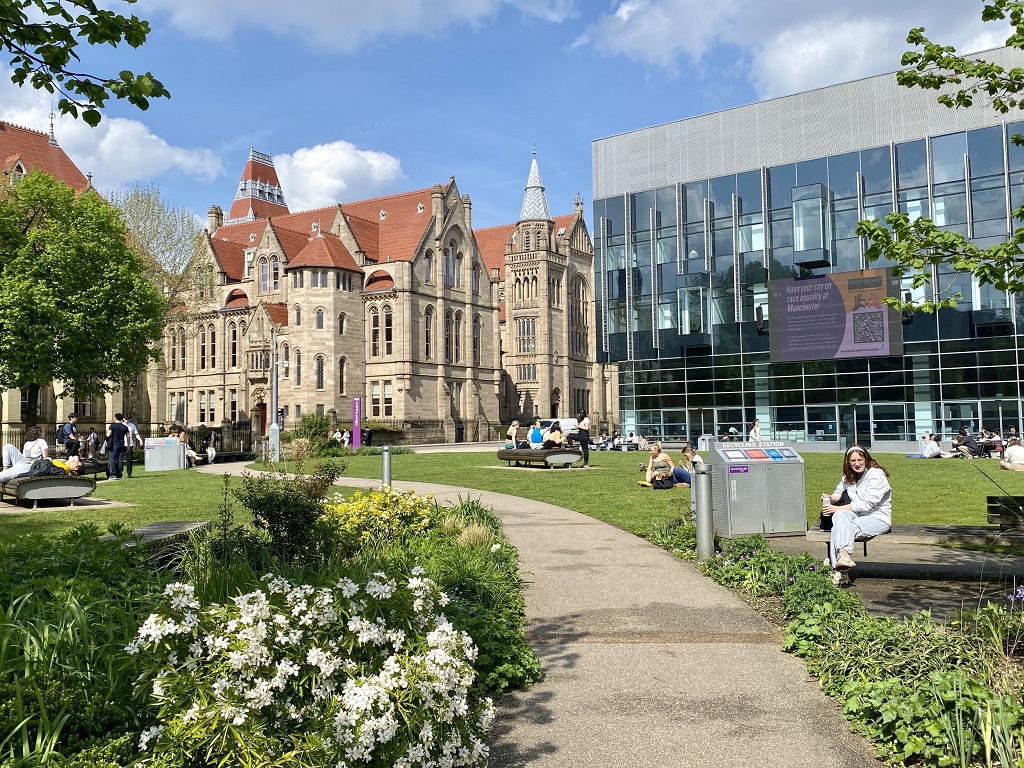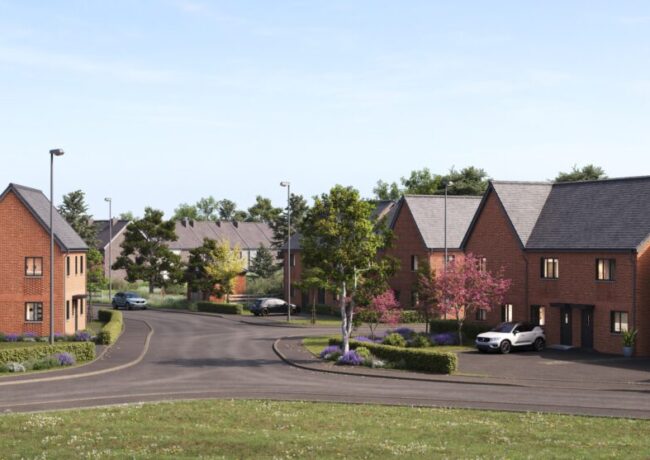GM kicks on with retrofit plan
A draft action plan for the next three years has been issued by the Greater Manchester Retrofit Task Force, which is aiming to undertake 61,000 domestic retrofits a year by 2030.
The task force was established in July 2021 as the city region sought to put in place infrastructure and plans that will support its aims to be carbon-neutral by 2038.
The report, by Rochdale leader and GM Green City Region lead Cllr Neil Emmott and Oldham chie executive Harry Caterall, will be presented to Greater Manchester’s Green City Region Partnership meeting later this week, also going before the full GMCA meeting for approval.
According to the report, 887,000 homes across the area will need some form of intervention before 2038, along with 2,700 public buildings and an unknown number of privately-owned commercial buildings. Around 138,000 of the homes are in the social rented sector.
As the report states, GM is not “starting with a blank page” – £27m will be invested this year through the Green Hones Grant, supporting people in fuel-poor homes with improved insulation and lower carbon heating systems.
A further £78m is being invested in improving 150 publicly-owned buildings including leisure centres, offices and schools, while a retrofit skills hub has been set up, offering courses to 1,140 people.
Mamchester Aquatics Centre, set to undergo a £31m redevelopment, is one of those buildings set for an upgrade to pmorve its energy performance.
The most willing will be tackled first, through engagement with the 31% of GM owner-occupiers who want to renovate their homes in the next five years.
A further fast-track project is the installation of 200,000 air source heat pumps at homes that are suitable and don’t need to be retrofitted – this area could provide a £1.2m market for local companies.
With the average cost of retrofitting a home – the two main areas usually being more effective insulation and phasing out gas boilers – at around £8,000, cost is quite clearly an area of concern.
At present, government support is targeted at the worst-performing homes, looking to realise wider social objectives. However, that leaves out 75% of Greater Manchester’s housing, and to accelerate change there, different sources of funding are required to help householders make changes.
As the report states: “Grant-funded programmes are essential to stimulate the market but will not deliver the speed or scale of activity required. We need to create the conditions which allow more market-based delivery and finance mechanisms to be developed: things like local climate bonds, property-linked financial products, green rental agreements, and green mortgages.
“Such mechanisms will need to support ‘middle income’ households who may not be eligible for larger grants but are unable to fund the difference themselves. Positioned correctly this is an opportunity to attract patient institutional investors which could reduce the cost of finance significantly.”
Various partner organisations are named in the three-year implementation plan that concludes the report, including North West Skills Academy, Bruntwood, CBRE and Lloyds Bank, with one intention being to host a lender roundtable looking at a green rental agreement pilot scheme.




